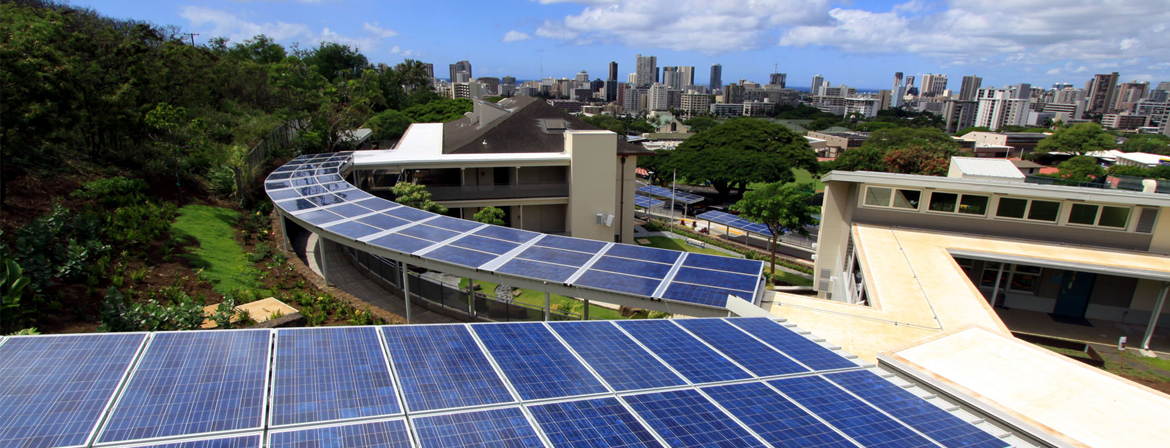Collective Guilt Mediates the Effect of Beliefs about Global Warming on Willingness to Engage in Mitigation Behavior
Ferguson, M., & Branscombe, N. (2009). Collective guilt mediates the effect of beliefs about global warming on willingness to engage in mitigation behavior. Journal of Environmental Psychology, XX(X) 1-8.
Correlates of Pro-Sustainability Orientation: The Affinity Towards Diversity
Corral-Verdugo, V., Bonnes, M., Tapia-Fonllem, C., Fraijo-Sing, B., Frías-Armenta, M., & Carrus, G. (2009). Correlates of pro-sustainability orientation: The affinity towards diversity. Journal of Environmental Psychology, 29(1), 34-43.
The Characteristics of Interior Designers Who Practice Environmentally Sustainable Interior Design
Kang, M., & Guerin, D. (2009). The characteristics of interior designers who practice environmentally sustainable interior design. Environment and Behavior, 41(2), 170-184.
Exploring Individual-Level Factors Related to Employee Energy-Conservation Behaviors at Work
Scherbaum, C., Popovich, P., & Finlinson, S. (2008). Exploring individual-level factors related to employee energy-conservation behaviors at work. Journal of Applied Social Psychology, 38(3), 818-835.
Consumer Voices: Adoption of Residential Energy-Efficient Practices
Niemeyer, S. (2010). Consumer voices: Adoption of residential energy-efficient practices. International Journal of Consumer Studies, 34(2), 140-145. doi:10.1111/j.1470-6431.2009.00841.x.
Understanding Air Force Members' Intentions to Participate in Pro-environmental Behaviors: An Application of the Theory of Planned Behavior
Laudenslager, M., Holt, D., & Lofgren, S. (2004). Understanding air force members' intentions to participate in pro-environmental behaviors: An application of the theory of planned behavior. Perceptual and Motor Skills, 98(3,Pt2), 1162-1170. doi:10.2466/PMS.98.4.1162-1170.
How do Small and Medium Enterprises Go Green? A Study of Environmental Management Programs in the U.S. Wine Industry
Cordano, M., Marshall, R., & Silverman, M. (2010). How do small and medium enterprises go green? A study of environmental management programs in the U.S. wine industry. Journal of Business Ethics, 92(3), 463-478. doi:10.1007/s10551-009-0168-z.
Internal and External Influences on Pro-environmental Behavior: Participation in a Green Electricity Program
Clark, C., Kotchen, M., & Moore, M. (2003). Internal and external influences on pro-environmental behavior: Participation in a green electricity program. Journal of Environmental Psychology, 23(3), 237-246. doi:10.1016/S0272-4944(02)00105-6.
Twenty Years After Hines, Hungerford, and Tomera: A New Meta-Analysis of psycho-Social Determinants of Pro-Environmental Behaviour
Bamberg, S., & Möser, G. (2007). Twenty years after Hines, Hungerford, and Tomera: A new meta-analysis of psycho-social determinants of pro-environmental behaviour. Journal of Environmental Psychology, 27(1), 14-25.
Promoting Internalized Motivation for Environmentally Responsible Behavior: A Prospective Study of Environmental Goals
Osbaldiston, R., & Sheldon, K. (2003). Promoting internalized motivation for environmentally responsible behavior: A prospective study of environmental goals. Journal of Environmental Psychology, 23(4), 349-357.



